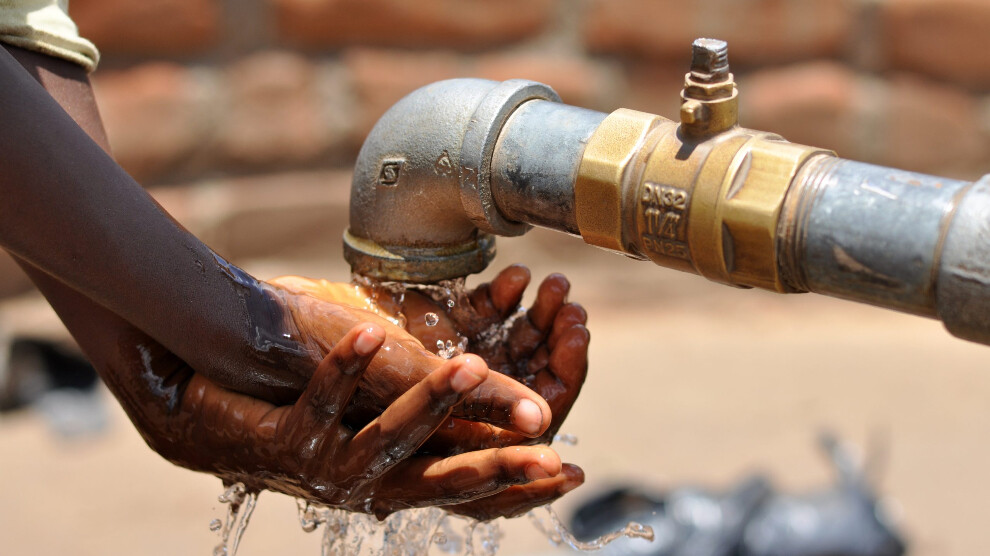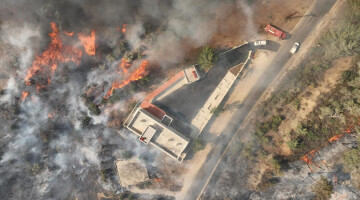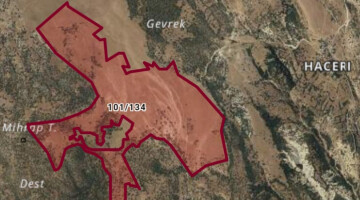Pedro Arrojo Agudo, the special rapporteur on the human rights to safe drinking water and sanitation for the United Nations, condemned the use of water as a financial market asset in a report. He suggested that commodifying and financialisation of water will lead to the privatisation of water resources.
Private ownership of water as a resource or of the infrastructure required to manage water and sanitation services will lead to speculation in financial markets, leaving the state with no control over water resources, he said.
“Commodification” of water refers to water handled as a commodity under supply and demand market dynamics as a way of setting the price of market transactions between users. These two methods increase the vulnerability of the most impoverished, unsustainability of the aquatic ecosystems, deepening the water crisis globally, according to the report.
Separation of water from land to allow water commodification also results in environmental degradation, according to experts. This leads to deregulation of water trading rights between users for different kinds of uses.
The transition from public-regulated tariffs (usually for non-profit cost recovery) to market pricing of water leads to profits for private players. This further increases marginalisation of vulnerable users and ignorance towards affected third parties and non-productive values.
This leaves the environment to become just another market commodity, forcing the government to purchase water rights to ensure the sustainability of ecosystems.
Risks and impacts of the commodification and financialisation of water on the human rights to safe drinking water and sanitation points out the failing strategies to address the global water issues and threat to achieve long-term sustainability, the report noted.
States must ensure appropriate legal measures to prevent price speculation of water in financial markets. This is to avert a situation where decision makers who will have high economic capacity, leaving impoverished sections scarce.
“A major challenge is to develop a democratic water legislation with a participatory approach to have safe drinking water and sanitation as basic human rights and not a financial asset globally,” the Rapporteur said.
The report also made the following suggestions:
- Creation of transparent and democratic water legislations to promote maximum public participation
- Hydrologically planned and implemented water resource management decisions
- Prevention of exploitation of aquifers so that they can operate as strategic drought reserve
- Promotion of public water banks in water-stressed river basins
To meet the United Nations-mandated Sustainable Development Goal 6 (SDG 6) of access to safe drinking water and sanitation, the Special Rapporteur recommended adaptation of new strategies to cope with climate change and water access.
States must report on projects and investments in SDG 6 with a human rights-based approach in their annual National Adaptation Plan submissions to the United Nations Framework Convention on Climate Change Secretariat, he highlighted.















